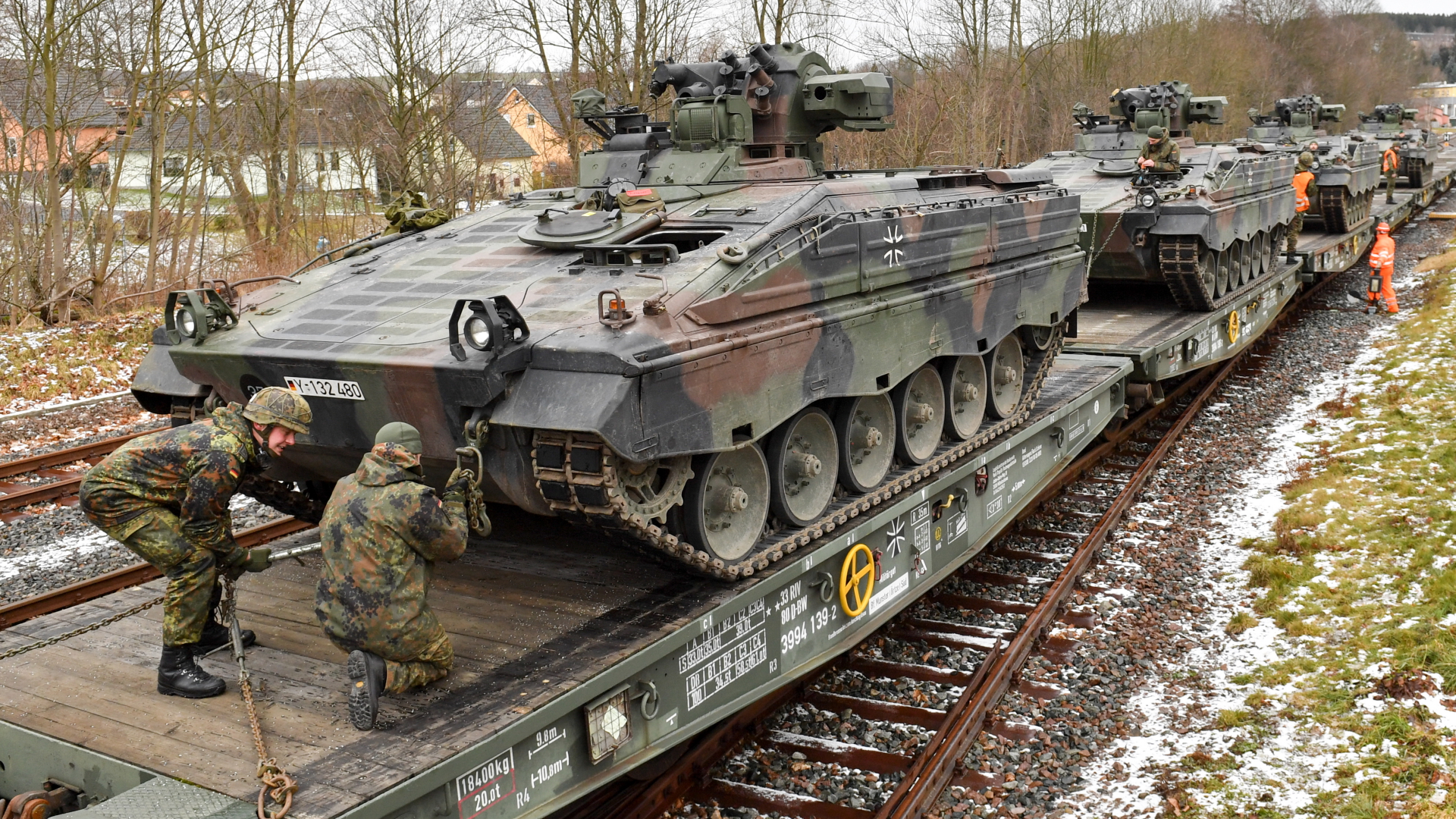The military successes of the Ukrainians are not only cause for celebration. In the West, they also raise concerns that a cornered Russia could use nuclear weapons. The Kremlin has every reason to fuel these fears.
"There must be no nuclear war." Five months ago, German Chancellor Olaf Scholz used this emotional argument to justify Berlin's refusal to deliver heavy weapons to Ukraine. As you know, things turned out differently. Scholz made a U-turn; the feared nuclear retaliation by Russia did not materialize. Despite this, the warnings of a nuclear escalation in the Ukraine war have not ceased.
They recently received a boost from the success of the Ukrainian counter-offensive in Kharkiv province. Now the scenario that Russia could lose all conquered territories is suddenly no longer a pipe dream. The argument of the nuclear warners is that President Putin could not possibly accept such a humiliation because it would endanger the survival of his regime. He will therefore resort to nuclear weapons if necessary.
Means of intimidation
Such a horror scenario cannot be dismissed lightly, but its probability is probably greatly overestimated. This has to do with two reasons. For one thing, Russia's leaders have no interest in allaying these fears. On the contrary, these are a means of strengthening those voices in Western Europe that would rather see a compromise with the Kremlin than a clear Ukrainian victory. Moscow is therefore deliberately leaving the threat in the air.
At times there were reassuring signals from the top of the state; Putin himself said that a nuclear war was pointless, and in the spring his spokesman ruled out the use of nuclear weapons as part of the "special operation" in Ukraine. In his speech on Wednesday about the partial mobilization in Russia, however, Putin quite openly threatened to defend his country's territorial integrity "with all available means".
At the same time, the Kremlin is making little effort to rein in state television propagandists who are wallowing in fantasies of nuclear war. Former President Medvedev, who has taken on the role of hardliner, has also repeatedly made threatening remarks about Russia's nuclear arsenal. Such rhetoric is irresponsible, but the calculus behind it is transparent.
On the other hand, the logic of the argument that Putin could save his power with nuclear weapons is flawed. Too little consideration is given to what such an operation would achieve. The idea is shaped by the American bombing of Hiroshima and Nagasaki in 1945, which almost immediately resulted in the unconditional surrender of Japan. However, this parallel is misleading.
The current debate is mostly about so-called tactical nuclear weapons with much lower explosive power. These would not destroy entire cities, but would serve, for example, to eliminate a Ukrainian military base or an important infrastructure object. In purely military terms, Russia would achieve no more than it could achieve through intensive bombing with conventional weapons.
A breach of taboo that must result in a new policy
The crucial difference would be psychological and political. In front of the whole world, Putin crossed a threshold; he was breaking a taboo that was widely considered unacceptable. The Ukrainians feel encouraged that Russia is pursuing a genocidal policy. Countries like India, which have been tackling up to now, would probably switch to the sanctions camp. Western efforts to outlaw Russia gained momentum. Putin's chances of saving his power would thus decrease rather than increase.
Nevertheless, the probability of a nuclear escalation is greater than zero. Russia's military doctrine envisages a nuclear first strike only in the event that central government facilities have been attacked or even the existence of the country is at stake - i.e. only in extreme emergencies. But America and Europe should take precautions.
It is important to make it very clear to Putin that he would harm himself with a nuclear act of horror. Washington, London, Berlin and Paris, for example, could signal that in such a scenario they would fundamentally change course – from a policy of supporting Kiev to a strategy of overthrowing the regime in Moscow. Because Putin is not a lunatic who would delight in a nuclear apocalypse. He can be trusted to rationally weigh up what will benefit his position of power and what will only cause him greater distress.

